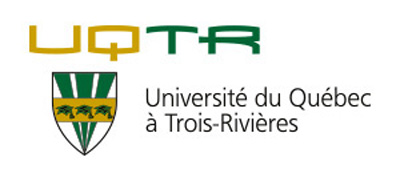Related projects
Discover more projects across a range of sectors and discipline — from AI to cleantech to social innovation.
Mitacs brings innovation to more people in more places across Canada and around the world.
Learn MoreWe work closely with businesses, researchers, and governments to create new pathways to innovation.
Learn MoreNo matter the size of your budget or scope of your research, Mitacs can help you turn ideas into impact.
Learn MoreThe Mitacs Entrepreneur Awards and the Mitacs Awards celebrate inspiring entrepreneurs and innovators who are galvanizing cutting-edge research across Canada.
Learn MoreDiscover the people, the ideas, the projects, and the partnerships that are making news, and creating meaningful impact across the Canadian innovation ecosystem.
Learn MoreThe aim of this project is to determine which families are resistant to bacterial kidney disease, a bacterial infection that affects both wild and farmed Atlantic salmon. To do this many families of Atlantic salmon from a commercial aquaculture company are to be purposefully infected with the bacteria that causes the disease to establish which families have a high rate of survival and which have a low rate of survival. This is called a disease challenge, and is performed under controlled conditions to control environmental variation, increasing the detection of genetic variation of BKD survival. Knowing how each family performs in the challenge will enable the company to make breeding decisions such that families that performed well will be selected to pass their genetic superiority onto the next generation of Atlantic salmon, hopefully reducing the occurrence of BKD at production sea cage sites.
Elizabeth Boulding
Melissa Holborn
Cooke Aquaculture Corp.
Biology
Fisheries and wildlife
Accelerate
Discover more projects across a range of sectors and discipline — from AI to cleantech to social innovation.
Find the perfect opportunity to put your academic skills and knowledge into practice!
Find ProjectsThe strong support from governments across Canada, international partners, universities, colleges, companies, and community organizations has enabled Mitacs to focus on the core idea that talent and partnerships power innovation — and innovation creates a better future.













































































































































































































































































































